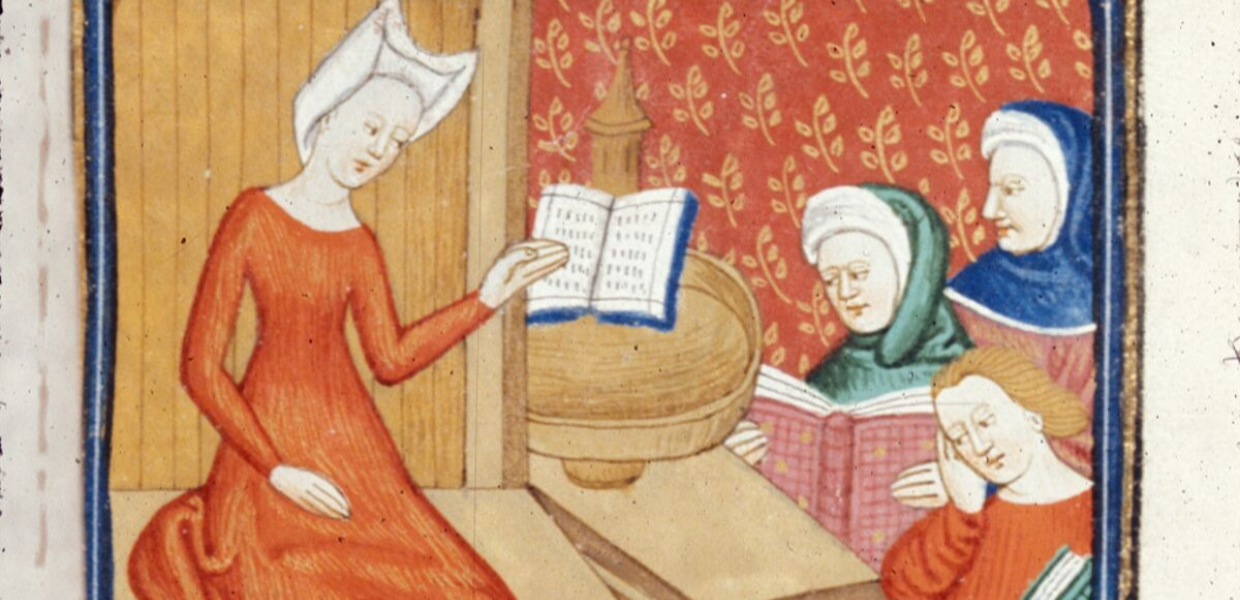Our guests
Our first guest was Dr Federica Bressan, who is the power behind the Technoculture podcast - a series of one-on-one conversations with experts in the fields of technology, art, and science.
Up next (in a change to the advertised programme) was Dr Susan Hazan of The Israel Museum, Jerusalem, who told us about Visualizing Isaiah. This project that sought to find out how providing context to the biblical Book of Isaiah by presenting it online alongside digitised contemporary objects changed people’s perceptions of the Book.
What does it mean to be human? And what do we believe in?
Storytelling, whether it’s digital or otherwise, is all about making connections between people, or between people and ideas. Federica told us that the question Technoculture is trying to answer is ‘What does it mean to be human today?’ Susan talked to us about trying to find out what people believe - do we believe what we see online? Does providing historical context change what we believe about the Book of Isaiah? So, both projects have at their heart an idea about truth and the essence of being human.
Linked in with the idea of truth is trust. There’s an awful lot of content on the internet. There are a lot of podcasts, a lot of ‘noise’. Federica says that her approach to cutting through that is to produce the podcast that she wants to produce. ‘You shouldn’t be too eager’, she says. ‘Trust is earned over time. You have to be consistent and believe in the product that you put out there. You believe in what you do and you are transparent and you’re loyal. You’re consistent.’
Susan says that the results of the Visualizing Isaiah project are encouraging. Nearly everyone was prepared to suspend their disbelief when presented with historical contextual objects by a museum that they trust. For example, 75% of people were convinced that the David mentioned on a stone inscription held by the museum could be the same David that is referred to in the Isaiah text. Susan says that the results showed that, ‘The trust people have in a museum, we believe, can be transposed into the virtual.’
So how can we connect with people?
The idea of connecting people with each other and with ideas came back up in the participants’ questions on how to engage audiences in a podcast or how to encourage local communities to join in an online activity. And again, the answers came back to the concepts of truth and trust - find what is relevant about your activity to your audience, and provide what they need to be able to get to it. So, if you’re making a podcast, you don’t provide just the podcast, but a ‘cloud of items’ around it like transcription text, summary, timed links, more audio or video or pull quotes. And take it to where your audience is - that might be on social media, or it might be at local community groups. Make use of connections that already exist between other groups or organisations and your intended audience. And use your project partners or podcast guests - provide them with ready-made material to share with their networks. Federica even shared some of the tools she uses - see below!


